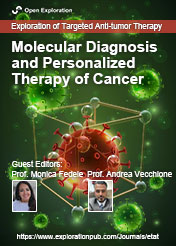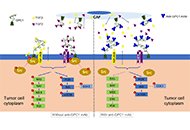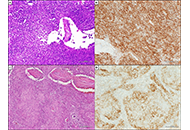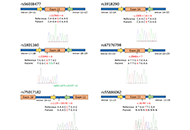
Molecular Diagnosis and Personalized Therapy of Cancer
Guest Editors
Prof. Monica Fedele E-Mail
Research Director, Institute for Experimental Endocrinology and Oncology Gaetano Salvatore (IEOS), Department of Biomedical Sciences, National Research Council (CNR), Naples, Italy
Prof. Andrea Vecchione E-Mail
Full Professor of Pathologic Anatomy, University of Rome La Sapienza, c/o Azienda Ospedaliero-Universitaria Sant'Andrea, Rome, Italy
About the Special lssue
Cancer is a highly heterogeneous and dynamic disease that evolves from the accumulation of genetic and epigenetic mutations affecting key driver molecules responsible for the malignant and chemo-resistant phenotype.
In recent years, there has been a groundbreaking expansion in technological advances and therapeutic innovations in cancer medicine. Cancer diagnostics have begun moving away from sole reliance on direct biopsy of tumor tissue for cancer detection, diagnosis, and treatment monitoring. Consequently, pathologists have flanked molecular diagnosis to the morphological approach to discriminate within each tumor type, specific subtypes with different clinical outcomes. As a result, the classification of tumors has changed to include both morphological and molecular criteria. For most cancer types, specific biomarkers have been characterized, which can predict the success of specific therapy and are themselves targets of the treatment. However, each of these factors is influenced by the unique genetic signature, which may affect the expressivity of the malignant phenotype and its response to pharmacological approaches. Therefore, it becomes increasingly imperative to personalize cancer treatment by tailoring the best treatment approach to the patient.
With this special issue, we would like to summarize current knowledge on the latest molecular approaches to personalized cancer diagnosis and therapy and welcome any contribution, including original research articles, reviews, opinions, and hypotheses, which may open a discussion on new perspectives about this topic.
Keywords: Biomarker, targeted therapy, personalized cancer medicine, molecular signature
Published Articles



